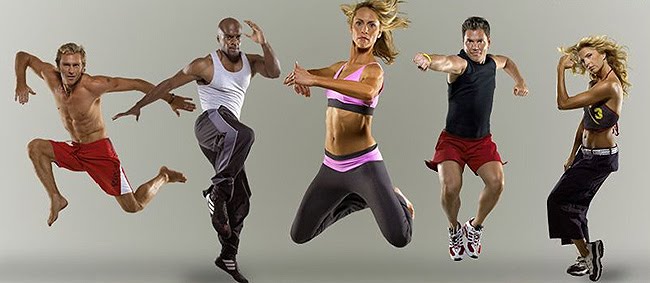
The following is a list of what I consider important credentials when searching for or assessing your current personal trainer. It is by no means exhaustive and in no particular order….
1: Is your trainer qualified to a nationally recognised standard which meets or equates to at least a REPs level 3? And do they belong to a national umbrella type organisation to recognise this for example REPs or the NRPT (national register of personal trainers) And if so, they should hold public liability (and personal indemnity) insurance to cover them for the manner in which they are training you.
2: Before you start (ed) any physical training a good PT will sit you down and run through what can be quite a varied initial assessment but should at least include a health screen to determine any familial health issues, current personal health profile including any medication you may be taking, injuries or mobility limitations, any historical health concerns which may be relevant, your blood pressure and resting heart rate, some kind of body composition analysis, some kind of fitness test, possibly a strength and flexibility test too. You should be asked to complete a PAR-Q form and your trainer should take a note of your details including someone to contact in case of emergency.
3: If your trainer is experienced and established in the fitness community expect them to have strong links with osteopaths and physiotherapists and to know when to say “I dont know the answer to that” and use their support network. Expect them to have good healthy relations with other trainers and know that they meet or talk regularly to share training tips, coaching advice etc… and that building and sharing knowledge is the key to promoting health and fitness as cognitive training not just physical.
4: Your trainer should know that RUN (Blachington road, Hove), The JOG Shop (George st. Kemptown) and SHEACTIVE (North street, Brighton)are really the only places to purchase adequate footwear for first timers for any kind of fitness program. By all means repeat buy from another shop, but for the first time the advice and meticulous attention to detail these guys pay to your footwear selection is unsurpassable.
5: The relationship you build with your trainer is special. Sometimes it can feel like a therapy of sorts; and in fact studies prove that having someone to listen to you and bounce ideas off whilst moving your body aerobically is an extremely effective form of counselling. But be careful with this delicate balance, as although your trainer is aware of these ramifications they are ultimately providing a physical training service to you. And it needs to remain as such to maintain a working healthy effective fully functioning relationship. On the flip side you need to be aware not to balance things out too much, so if you find that your trainer has become more of a friend than a professional to you need to start considering whether it is worth revising your relationship. For the relationship to work optimally it needs to be made clear that your trainer is providing you a service, that there is no option for a cup of tea instead of a session when you are not in the mood, that you dont regularly see your trainer pissed out on the town, that your trainer doesn’t regularly lament on the difficulties in their life/relationship/work etc… Your trainer should be a friendly trustworthy informative motivational coach who listens well and provides empathetic and non judgemental personal support.
6: If your trainer has competed or raced at any level in his or her sport they will have an edge over one who trains for passion alone. That edge is purely and simply a psychological experience that they are able to tap into and translate to you when building programs or helping you prepare yourself mentally for your own fitness goals. This becomes relevant predominantly when you yourself are training for a particular event, so ensure to look for a trainer who has “been there and done that” so they can help you train to gain the psychological edge for that sport which is the main advantage at “show time”
7: Make sure you pick a trainer who is interested in learning. Whether its talking or training with colleagues, going on courses, reading and writing papers, going to talks, seminars, shows, masterclasses etc… they need to keep up with the ever changing advice, methods and equipment on the market. At the moment its all about high intensity short duration blast type workouts; does your trainer know what tabata training is? how to use a kettlebell? what functional strength is all about? can they combine these things with other facets of fitness training and maintain a balance or have they got sucked into a fad?
8: A good trainer should be able to take you into the middle of a flat field with no equipment what so ever, not even a watch, and supply you with a creative fun exhaustive and inspirational session of the top off his/her head. In my opinion 😉